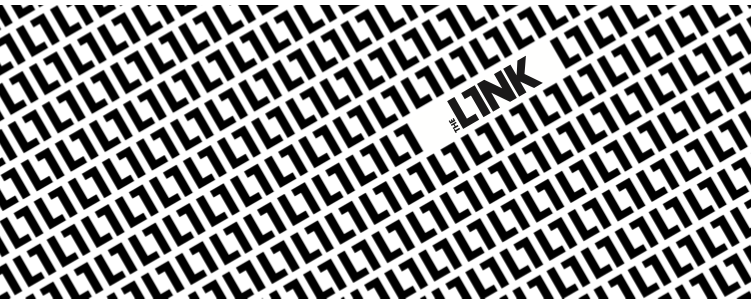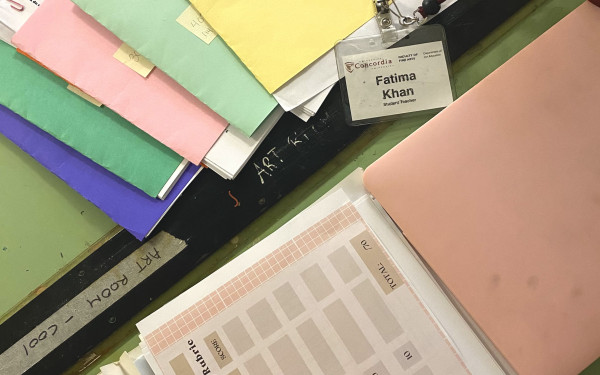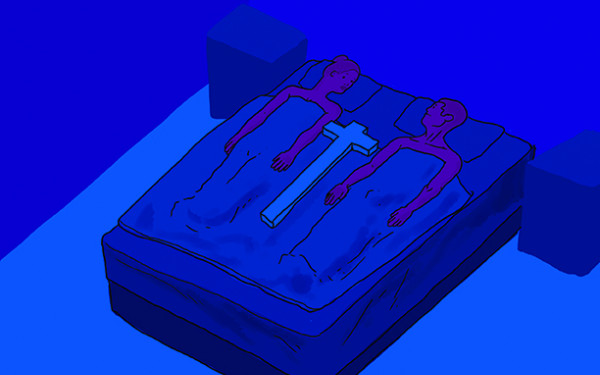Editorial: Secularism, Christianity Lite
Since it was violently colonized by white Christians centuries ago, Quebec has a tricky relationship with religion.
Many are still weary of it. The Catholic Church’s history of pressuring Quebecers to have large families, along with a legacy of poor education and health systems, has tainted perceptions of religion in this province.
Secularism has been a particularly hot topic over the last few years. There have been many bills trying to police religious minorities, such as Bill 62 under Philippe Couillard’s Liberal government, which would prevent people from obtaining public services if they had their face covered—something directly targeting Muslim women. The law was overturned in 2017 and the Liberals were booted out by François Legault’s Coalition Avenir Québec.
Now, religious minorities, who are oftentimes racial minorities as well,are reeling under the effects of the secularism law formerly known as Bill 21. People donning the Muslim hijab, Sikh turban, and Jewish kippah, among other religious garb, are no longer able to work in the public sector, including teaching positions. This is clearly discriminatory.
People wearing religious symbols will not immediately indoctrinate those around them to their religion. Bill 21 overrides sections of the Charter of Rights and Freedoms, notably that of freedom of religious expression, which demonstrates the bill is legal discrimination against religious minorities.
In Quebec, and North America generally, it seems secularism is like diet Christianity. We talk of “good family values” and still base most of our laws and ethics around Christian ideals. It’s undeniable that fears of religious minorities, especially Islamophobia, has a growing presence in the province. In January, we marked the third anniversary of Quebec City’s mosque shooting, a testament to the hatred and bigotry that has permeated Quebec society, religious, racial, or otherwise.
Faith is complex, multi-faceted, and deeply personal. For some it helps deal with mental health struggles, while others use it as a way to connect with their community. Some found their faith on their own terms, and some families have struggled in the face of the Catholic Church.
Pushing people to the margins and closing off avenues for dialogue only breeds further intolerance. If we never have to interact with people who don’t look and think like us, how can we learn to coexist and understand each other? Ignorance only gives rise to fear and discrimination.
It’s important to recognize our own masthead, its background, and how that influences the way we tell stories. Whether they are practicing or not, most of our masthead members come from Christian backgrounds. With this issue, we tried to explore the diversity of religious and spiritual backgrounds in Montreal communities, and that manifests itself mainly by way of personal narratives because of the private and personal nature of faith.
There are so many different religions, spiritualities, and ways to express faith. It’s crucial to bridge the gaps and come together with understanding to prevent further politically accepted discrimination.







